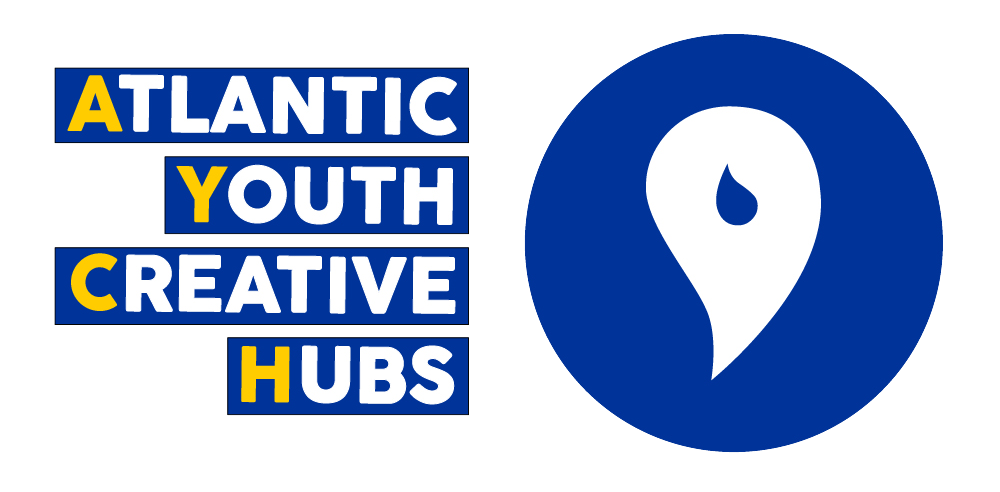Ceci est une ancienne révision du document !
Future Learning Spaces with AIA
Context: A multidisciplinary approach to Learning Spaces
AIA Life Designers is a French engineering and architecture group founded in 1965. Today, they are a tightly knit group of architects, engineers, economists, urban planners, landscapers and site supervisors. As part of their aim to reflect upon the future of our cities, they constituted a specific working group on research & educational buildings. On this occasion, the AIA Research & Education working group met a group of Design students from the Sustainable citie's master cycle from L'Ecole de Design Nantes Atlantique in order to reflect upon the future of learning spaces. But there is a twist to the thinking process, all the ideas, no matter what, had to be prototyped quickly!!
Description: Rethinking learning spaces through Prototyping
The particularity of this workshop is its focus on Prototyping as a mean for challenging and pushing the innovation process. As part of their ongoing work, the AIA Research & Education working group had already identified some key ideas around the future of learning spaces that they wanted to push further. It seemed a great opportunity to experience the power of quick and rough prototyping as a method for testing and generating ideas.
The workshop was conceived and facilitated by Design students. Four mixed teams were formed with two or three AIA R&E members with backgrounds in architecture, engineering or management and two design students. The tools put in place by the facilitators are part of the AYCH ToolBox. Throughout the workshop, a researcher observed and noted the different interactions and reactions to the tools as well as the creative outcomes of the process.
Process
* 1. Presentation of AYCH project & the aims of the workshop * 2. Presentation of the workshop's themes and the work in progress by AIA Research & Development group * 3. Teams formation: 4 of 2 AIA members & 2 Students * 4. Idea Wall * 5. User scénario * 6. Quick prototyping round I * 7. Quick prototyping round II * 8. Test by students * 9. Feedback & Conclusions



